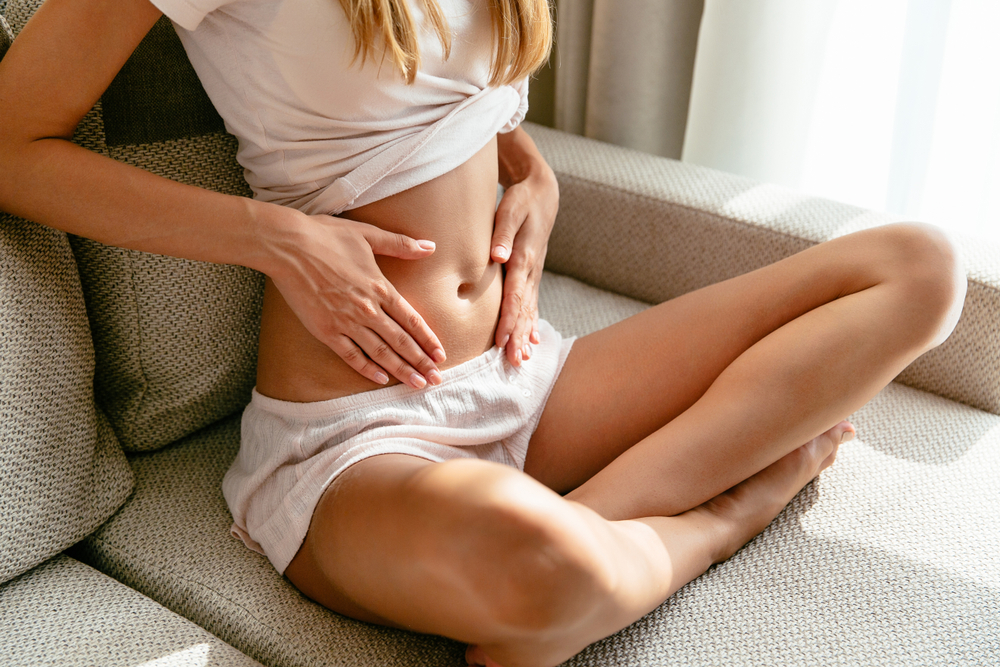Birth rates are far lower now than they have been historically in the UK and have remained below replacement level since 1973. While there are cultural and social factors that have influenced family planning decisions, the incidence of infertility has also grown with an increasing number of individuals seeking help. According to statistics, around 1 in 7 heterosexual couples are faced with the problem after a year of trying and in 30% of cases, female infertility is the cause. Here’s a guide that we’ve created on the top 3 causes to give you some insight.
Age Related Infertility
We’ve evidently progressed as a society. Women have greater freedom and choices as opposed to before which means that they can choose to continue their education, build careers, and settle into committed relationships later on in life. The average age that a woman will now start a family is 31. Biologically, this presents its challenges as female fertility relies on a good egg reserve. Each female is born with around a million eggs and by puberty, this number falls to about 300,000. This is because many of the eggs perish at quite a high rate each month before puberty and then continue to perish each month thereafter, but at a slower rate. To put this into perspective, women typically have a 25% chance of getting pregnant each month at age 25. This drops to 20% at 30, 15% at 35 and 5% at age 40.
Ovulation Problems
Every month, a mature egg is released by the ovaries with the potential to be fertilised.
However, this isn’t always the case. Women can ovulate during some cycles and not for others or not ovulate at all due to ovulation problems. This is an issue in itself and can be down to a range of conditions such as polycystic ovary syndrome (PCOS), an under/overactive thyroid gland and premature ovarian failure.
Fibroids
It is very common for women to be affected by fibroids as they are experienced by around 77% of those who are of reproductive age. They are non-cancerous growths that can either sit in or around the uterus and have the potential to create physical blockages (either in the fallopian tubes or for fertilised eggs by stopping them from attaching themselves to the womb). They can be treated, and this depends on size, number, and position.
If you believe that you may be affected by any of these factors, and would like to learn about your fertility and options available, feel free to get in touch with one of our experts.

